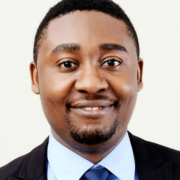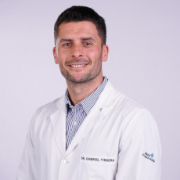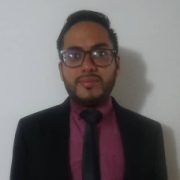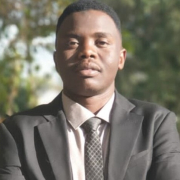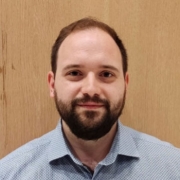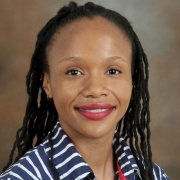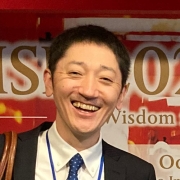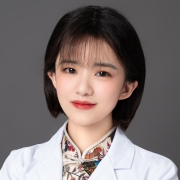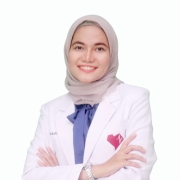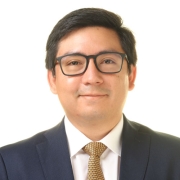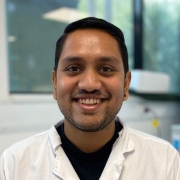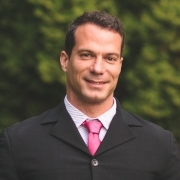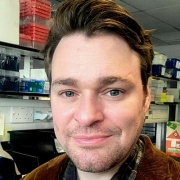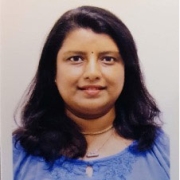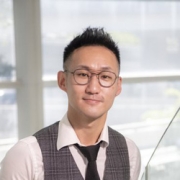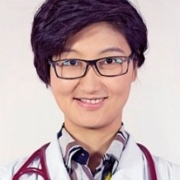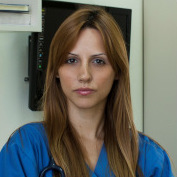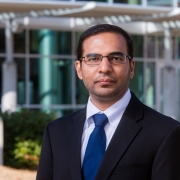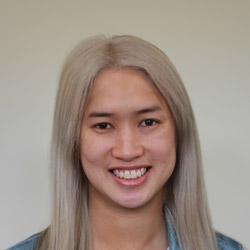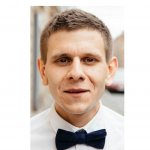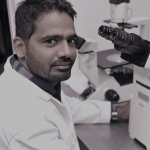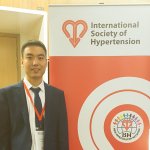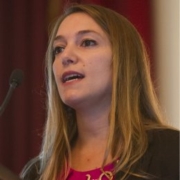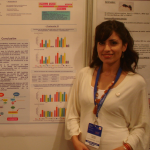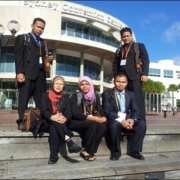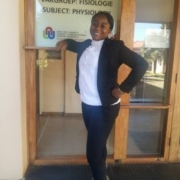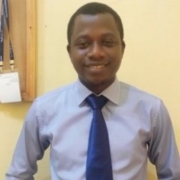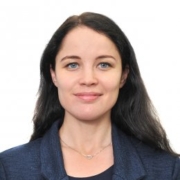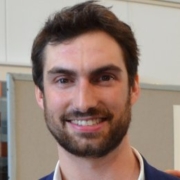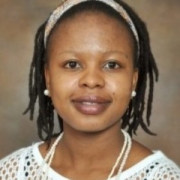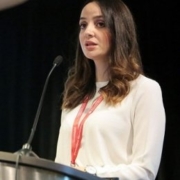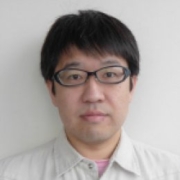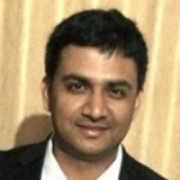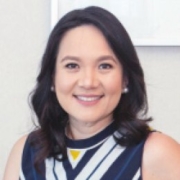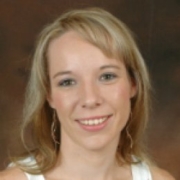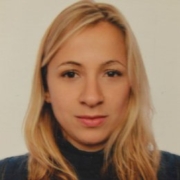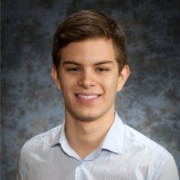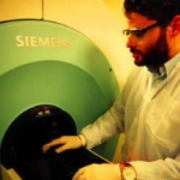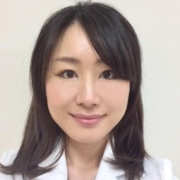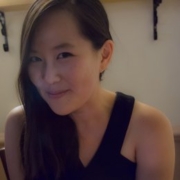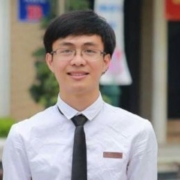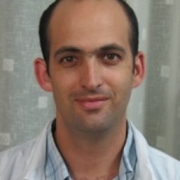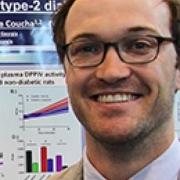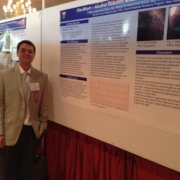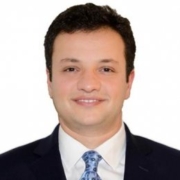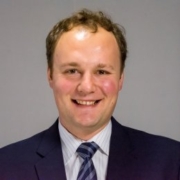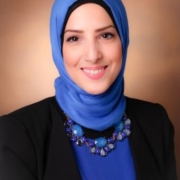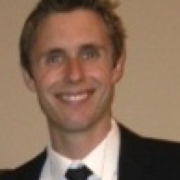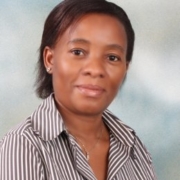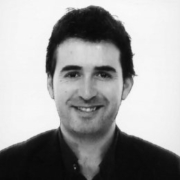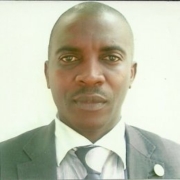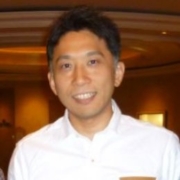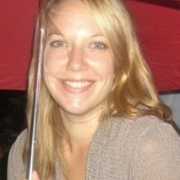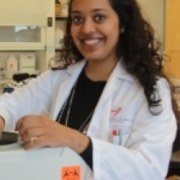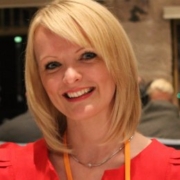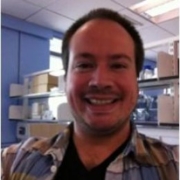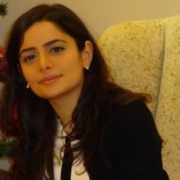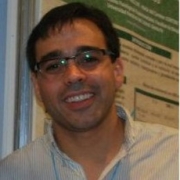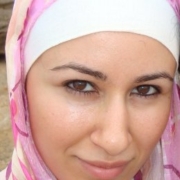How did you become interested in research relating to Hypertension?
I have been fascinated by genetics since high school, and I became interested in cardiovascular science after the summer exchange program that I did at Cardiac Critical Care Unit at Semmelweis University in Budapest, Hungary. I combined these two topics in my PhD research on the role of cytokine gene polymorphism and expression in the development of essential hypertension at the Institute of Biochemistry and Genetics, Ufa Scientific Centre of Russian Academy of Sciences (USC RAS), Ufa, Russia.
Describe your research & the program/lab (info of your supervisor) that you are in?
My research is focused on the genetics of cardiovascular disease, high blood pressure, targeting the role of inflammation/immunity in the development of cardiovascular disease and aging-associated changes in cardiovascular system that limit the lifespan.
What do you consider to be your substantial scientific contribution so far (provide Pubmed PMID if possible)?
I hope that my most substantial scientific contribution is yet to come, but personally, the proudest I have been is when my first paper was accepted (PMID: 18163209).
What is your favourite manuscript from a lab other than your own (provide Pubmed PMID if possible)?
There are too many great papers on hypertension to mention them all, but since my research is related to inflammation and hypertension, the most interesting manuscript for me recently was The immunology of hypertension by AE Norlander, MS Madhur, and DG Harrison (PMID: 29247045).
What facilities are essential for your research?
As a human molecular geneticist, there are three main conditions for successful work: state-of-the-art genotyping and sequencing facilities, a computer to analyse the results, and working in close collaboration with clinicians in order to obtain good quality phenotypic data which is paramount to good research.
Where do your research strengths lie? Why? What are your research weaknesses? How will you improve?
I think one of my strengths is being able to concentrate and pay attention to details. Sometimes it results in the inability to see the bigger picture, so I try to remember from time to time to take a step back and see my work in the context of the global current research. I find that attending European/International meetings on hypertension particularly useful in this regard, as it gives the opportunity not only to familiarise myself with latest achievements in the field, but also to get a feedback on results of my own work.
Describe your unforgettable (proudest) moment in science, and the most challenging situation that you have had to overcome (lessons learnt) so far?
Every time my paper gets accepted or grant application gets approved is a very happy and proud moment for me. The biggest challenge is to learn how to deal with failures: to accept the feedback with gratitude and use it to become better in the future.
At which conference did you first present? How was your experience?
My first presentation was at the annual student conference at my university, it was a great experience that helped me to practice my public speaking skills in a non-threatening environment.
What upcoming conferences will you be attending, and what is the furthest distance that you have traveled for a conference?
I hope to attend Hypertension Beijing 2018, and the farthest I traveled for a conference was attending the 13th Asian-Pacific Congress on Hypertension in Singapore in 2017 and 2017 Miami Winter Symposium on Diabetes.
How did you learn about ISH/NIN and its activities?
I learned about the ISH at Hypertension 2016 meeting in Seoul, and I learned about Hypertension Seoul 2016 at the joint ESH/ISH meeting in Athens in 2014.
What area(s) do you wish to specialize in the future?
I would like to continue my research in genetics of cardiovascular disease and related traits. In 2017, I won European Society of Cardiology Council for Basic Cardiovascular Science grant for the research project dissecting genetic and epigenetic determinants of atherosclerosis, cardiovascular disease and metabolic disorders using high-dimensional multi-omics data at Dr. Inga Prokopenko’s group at Imperial College London.
Who is your role model in Science? Why?
There are many amazing scientists that I look up to; I admire people who make significant contributions to their field of study and are generous enough to share their expertise, time, and advice with young researchers.
What are your scientific goals? Advise for talented emerging scientists?
My overall goal is to understand the complex molecular mechanisms of essential hypertension. My advice for those choosing a career in science: be prepared that nine out of ten days will probably be hard, but if you find something you genuinely enjoy doing, it will make your life so much better.













